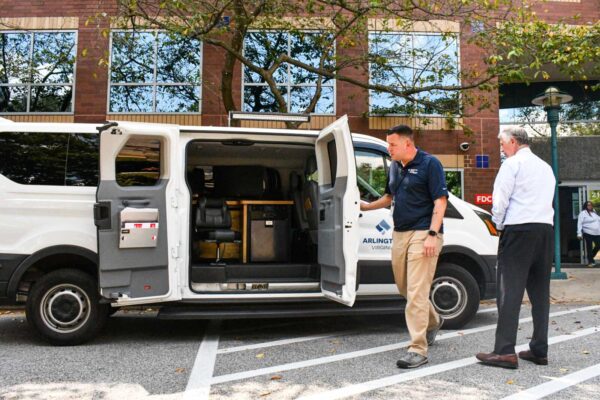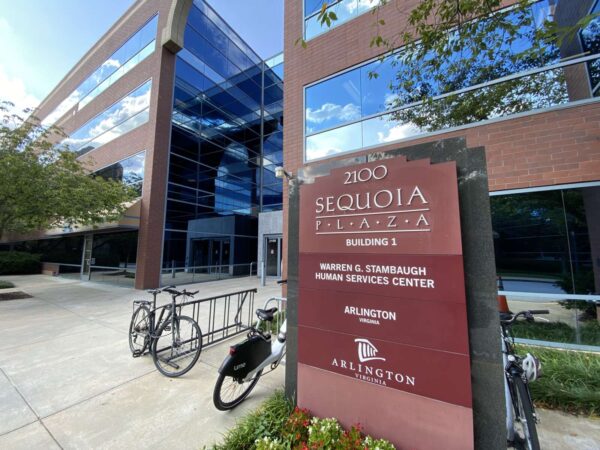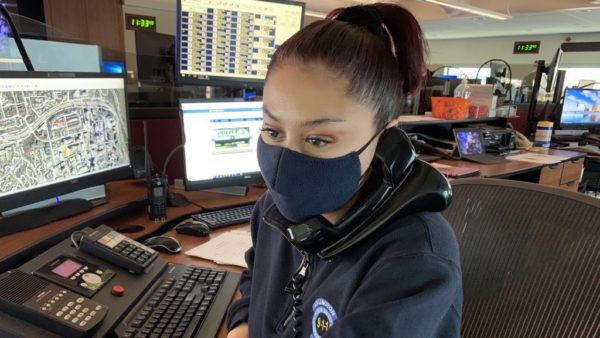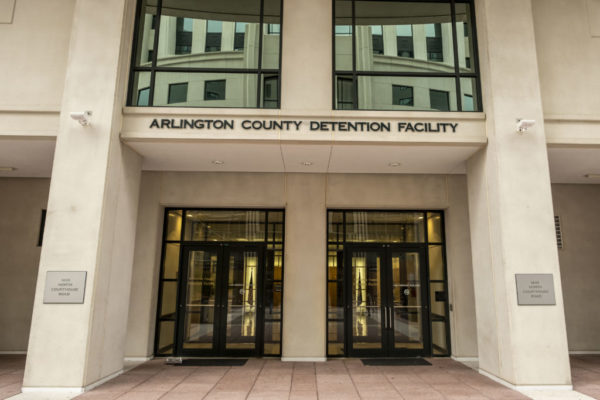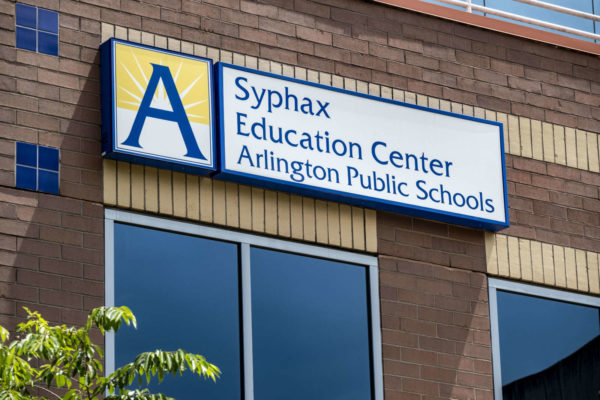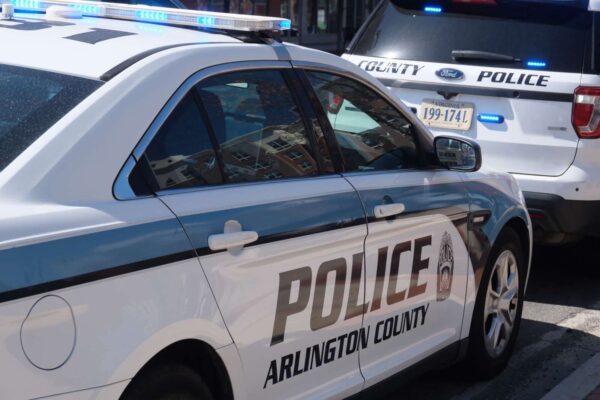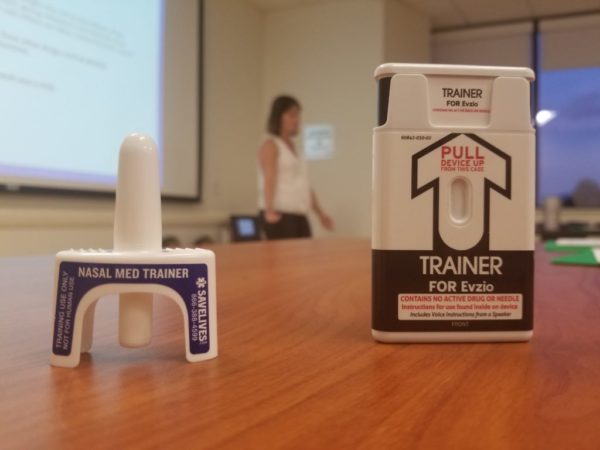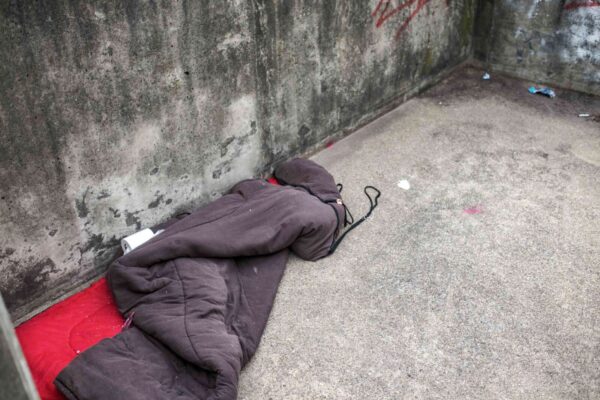Arlington’s response team for people in mental health and substance use crises is on track for a substantial buildout.
An additional $478,286 in federal funds would allow Arlington to hire two therapists and another behavioral health specialist for the Mobile Outreach Support Team (MOST), a county report says. This would mean expanded hours of operation for the team that launched last summer with just three personnel.


